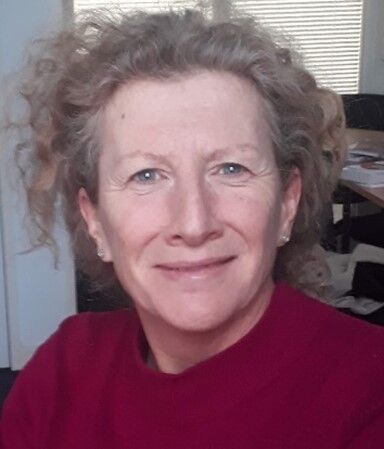Feature
Cultivating Communities
A short podcast series exploring how community gardens in Tayside play a role in community wellbeing, food security, regeneration, and activism
Published on 20 January 2025

During recent decades, community gardens have rapidly spread in the global north and are often seen as possible solutions to a range of social ills. By growing and creating a community garden, local people can increase local pride and a sense of achievement as well as providing a safe open space in which they can garden and participate in informal learning opportunities. Many of the activities offered in community gardens are aimed at increasing health and wellbeing and learning about the environment. Community gardens have been credited with building community cohesion and social capital and supporting individuals’ health and well-being by providing space for important work that addresses ‘social need’ and that advances ‘community empowerment’. The benefits of the collective nature of community gardens are well documented and are often only marginally related to gardening with the emphasis on building a sense of ‘community’.
The growth in community gardens is also linked to politics of food in terms of what we eat and how it is grown and are seen as places that can benefit individuals and the community simultaneously. Community gardens can also be seen as a reaction to a growing demand by people reconnecting with the food on their table rather than being part of the globalised industrialised food economy which separates people from local food sources.

Jenny Glen, Lecturer in Youth and Community Work, and researcher in community development, explores community activist’s perspectives on their work to mobilise communities linked to environmental justice through the creation and development of community gardens. Often community gardens are established by local people on derelict land or land that is marked for urban development. The impact of community gardens on health and wellbeing, and a sense of place is well documented, but little is written about how community gardens impact on people’s ability to come together to continue to create change in their local neighbourhoods
In this podcast series, Jenny explores whether community gardens do, or can play a role in wider community development, by interviewing people involved directly in community growing projects. Together they discuss why, and how, they got involved in community growing, the work they do, and their perspectives on whether their work with communities growing food and creating community gardens does or could impact on what is happening in the wider community beyond the immediate community garden.
Enjoy this short podcast series where we explore how community gardens in Scotland play a role in community wellbeing, food security, regeneration, activism and more.
In this podcast, we hear from Alan Fraser, a Community Learning and Development worker from the Dundee Community Learning and Development Team and Sarah McEwan, a Community Education Lecturer at the University of Dundee and community activist. Sarah and Alan discuss their work with fathers and children in a community garden and allotment and the impact this work had.
In this podcast, we hear from Dr Jan Davidson, from People Learning about Nature in Tayport (PLANT), and Robert Bilsen from Strathkinness Community Garden and Community Orchard in Fife. They discuss how community involvement and activism has enabled the gardens to continue to thrive and develop with local people’s care and love. They also focus on the role of lifelong learning in communities and the sharing of skills and expertise.
In this podcast, we hear from Jek the Community Engagement Facilitator from Ninewells Community Garden and Graham and Natalie from the Ardler community in Dundee. They discuss how their community work began and how this has developed over the years. They also discuss their personal journeys, learning about nature and working with other people to share their expertise and knowledge.
These podcasts were recorded and edited by Dr Kaska Hempel, who is an audio producer and trainer passionate about showcasing community voices involved in action for climate, food sovereignty and nature restoration in Scotland.
The podcast series was funded by Research and Innovation Services (RIS) at the University of Dundee.